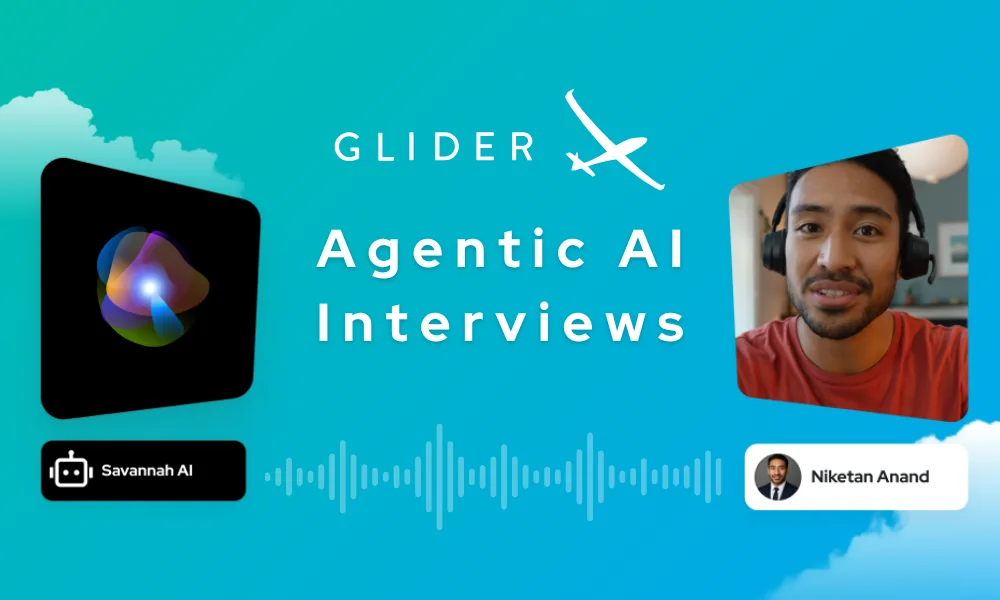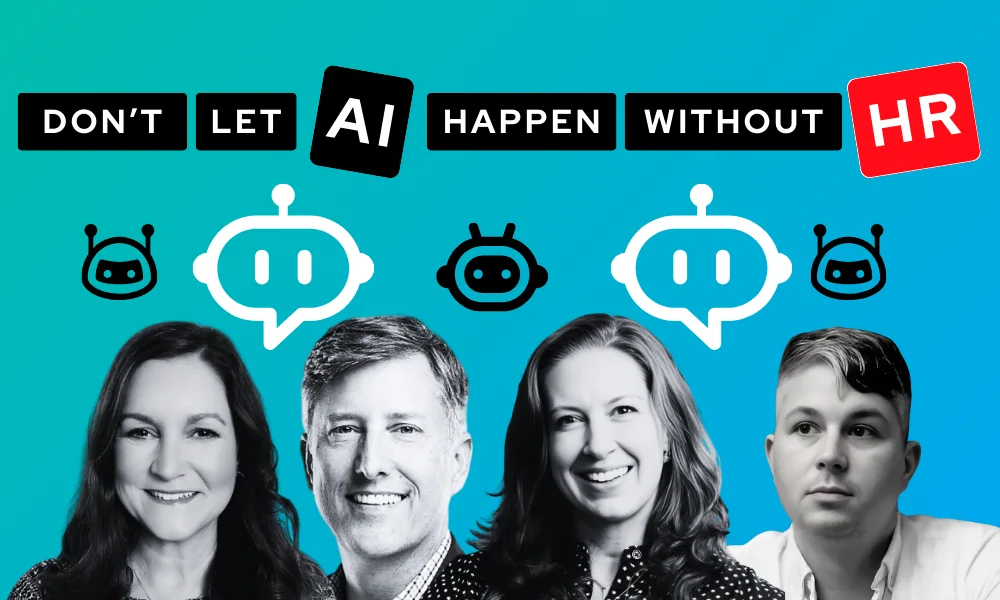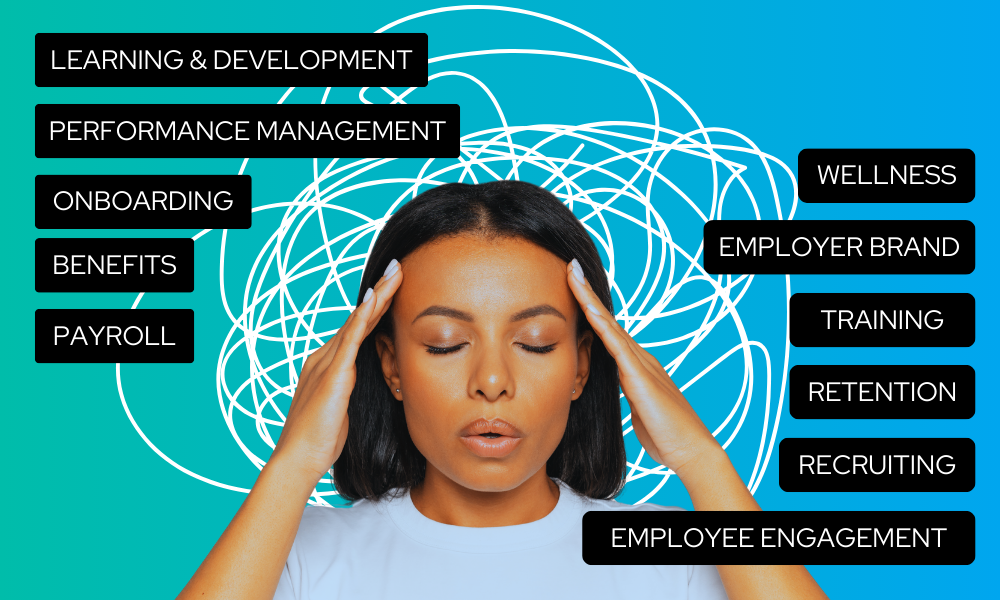Artificial intelligence has transformed the once lengthy process of finding top-notch candidates into a few keystrokes.
Companies seek the best talent and offer better candidate experiences thanks to AI-driven recruitment software and analytics.
However, while AI has revolutionized recruitment, it hasn’t entirely replaced traditional methods. Experts predict that the most successful hiring systems will blend cutting-edge tech with the invaluable human touch.
AI tools for recruitment — when used correctly — can strike this balance ideally. To help you fully leverage this shift, we’ve broken down the best ways to integrate recruiter AI software into your hiring strategy.
Where, What, How, and When to Use AI in Recruitment
AI shines in several key areas of recruitment:
- Targeting relevant candidates – AI can deliver highly personalized and targeted employee value propositions for each candidate to boost outreach and engagement.
Recruiter AI platforms can tailor content and messages to their interests by monitoring candidates’ interactions on your site.
AI tools for recruitment can also swiftly analyze countless social profiles and source both passive and active candidates based on detailed criteria such as job title and experience. This can help companies widen their talent pool significantly.
- Screening CVs and applications – AI software for recruiting also excels in identifying top candidates because it automatically aligns an applicant’s skills and experiences with job requirements. It can quickly rank, grade, and shortlist candidates based on the qualities the job demands.
- Providing chatbots for real-time interaction – Recruitment chatbots can improve a candidate’s perception of your company by offering instant updates throughout the application process. They can answer inquiries about job details or timelines and can even be programmed to provide feedback, enhancing overall communication efficiency.
- Digitizing interviews – AI-based video interview platforms can assess candidates’ language, speech patterns, and facial expressions to gauge their fit for the role and company culture.
These tools are handy for evaluating soft skills in remote recruitment scenarios. They streamline the interview process by narrowing candidate pools for more focused in-person interviews.
They also automatically schedule these interviews to seamlessly accommodate the candidates and the company’s schedules.
- Onboarding and training – AI chatbots can answer common questions new hires might ask and guide them through onboarding processes. Some AI tools for recruitment can even personalize training based on individual needs.
Opportunities and Policies
A recent study shows that recruiters generally have positive perceptions of AI, noting its potential to enhance three areas: data analytics, candidate experience, and employer branding.
In terms of AI policies, the general landscape is off to a good start. The European Union’s AI Act and localized legislation in the United States exemplify efforts to regulate AI in hiring.
Other US states and many other countries are also starting to draft AI regulations, emphasizing the importance of transparency and ethical considerations in using this technology.
Conclusion
Integrating AI with human insights will be vital to attracting and retaining top talent while ensuring equitable and effective hiring practices.
However, companies that want to use this technology must address AI-related risks to maintain trust and compliance in their recruitment processes.
To learn more automating hiring workflow, schedule a demo, and join our community of HR professionals, recruiters, and tech enthusiasts to stay updated on the latest trends and discussions around AI in recruiting. Follow us on social media, and check out our articles for hiring tips, industrial insights, and more.
FAQs
What are some common use cases for AI in recruitment?
AI enhances recruitment by identifying suitable candidates, conducting initial assessments, facilitating onboarding, analyzing data, and reducing bias.
Which AI tools and technologies are commonly used in the recruiting process?
Common AI technologies in recruitment include Natural Language Processing for text analysis, Machine Learning for pattern identification, Computer Vision for interpreting video interviews, chatbots for candidate interaction, and Predictive Analytics for forecasting hiring outcomes.
How do you measure the success of AI in recruiting?
To evaluate AI’s effectiveness in recruiting, measure the reduction in time and cost per hire, improvements in candidate experience and quality of hire, and advancements in diversity and inclusion.
Can AI replace human recruiters, or is it meant to enhance their capabilities?
AI is meant to replace human recruiters partially. It lacks the human touch and empathy for building relationships with candidates and hiring decisions. Instead, AI should be seen as a partner that can enhance the capabilities of recruiters and help them make better hiring decisions.
What is the role of HR professionals in overseeing AI in recruitment?
HR professionals must develop clear guidelines for bias detection, data privacy, and transparency in AI-powered decisions. They also need to track key metrics and assess the impact of AI on recruitment outcomes while ensuring that AI is used fairly and responsibly.



